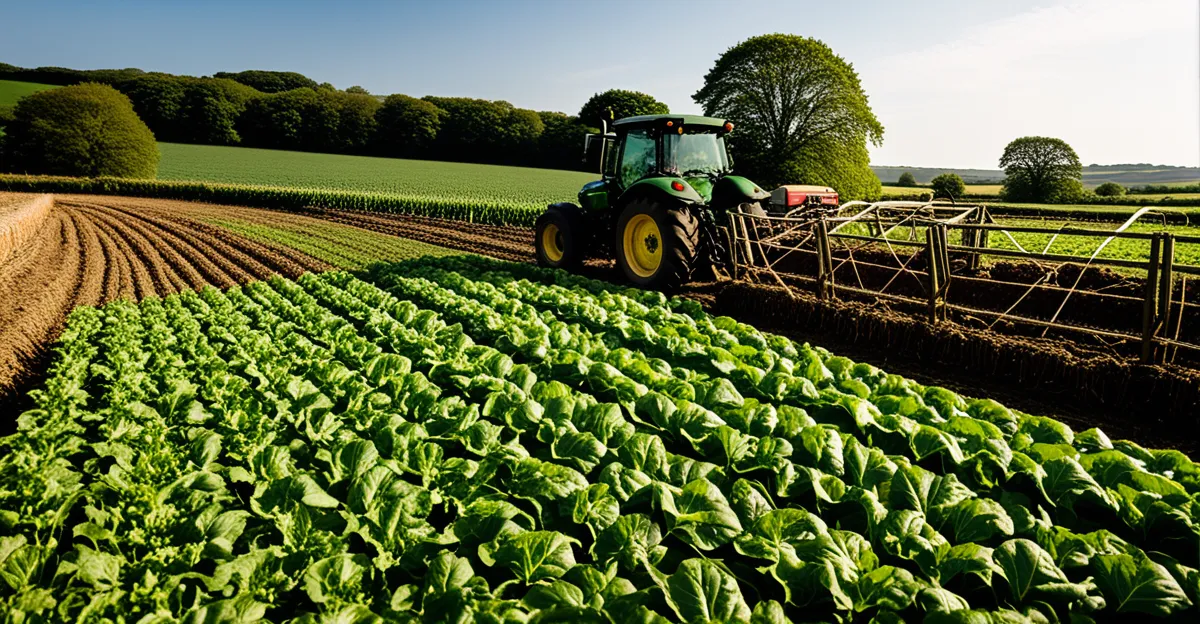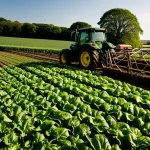Technological Innovations Driving Sustainable Agriculture in the UK
Exploring UK agricultural technology reveals a surge in tools aiming to boost sustainability. Among these, precision farming stands out. By leveraging GPS-guided machinery and variable rate technology, farmers apply water, fertilisers, and pesticides exactly where needed, reducing waste and environmental impact.
Advanced sensors embedded in fields collect real-time data on soil moisture, nutrient levels, and crop health. These devices enable farmers to monitor conditions continuously, facilitating timely interventions that optimize resource use and emissions management.
Additional reading : How Can Emerging AI Innovations Transform the Future of Technology in the UK?
Artificial Intelligence (AI) plays a pivotal role by analysing this flood of data to predict crop needs and identify potential issues before they escalate. Robotics heavily complement these efforts; autonomous machines can plant seeds, weed, and harvest with minimal energy consumption and lower soil disruption compared to conventional methods.
Together, these agri-tech solutions not only improve farming efficiency but also reinforce sustainable practices integral to the UK’s commitment to environmental stewardship. As technology evolves, it promises to further transform the agricultural landscape by enabling smarter, greener farming decisions.
Also read : How Can Emerging UK Technologies Shape the Future of Healthcare?
Applications and Benefits of UK Agri-Tech in Sustainable Practices
The applications of agricultural technology in the UK are diverse, targeting critical areas like soil health and crop monitoring. Farmers employ advanced sensors that provide continuous, real-time data on moisture levels, nutrient content, and pest presence. These insights enable precise interventions, reducing unnecessary inputs and conserving resources.
Among the key benefits of agri-tech are enhanced resource efficiency and significant emission reductions. For example, precision irrigation ensures water is applied only where and when needed, preventing wastage. Similarly, GPS-guided fertiliser spreaders fine-tune nutrient delivery, which lowers run-off and protects surrounding ecosystems.
Sustainable farming practices UK-wide have also led to measurable outcomes such as improved yields and stronger environmental stewardship. An increase in productivity often coincides with decreased chemical use, demonstrating that technology can boost both economic and ecological goals. Integrating these technologies allows farmers to make informed decisions that balance profitability with sustainability—a crucial factor as the agriculture sector faces mounting pressures to reduce its footprint. Overall, the benefits of agri-tech firmly establish it as a cornerstone of sustainable agriculture in the UK.











